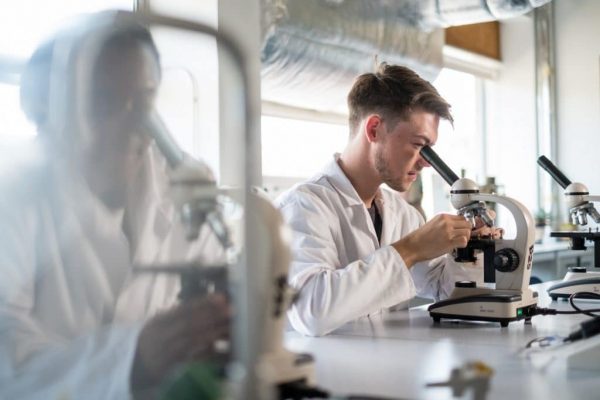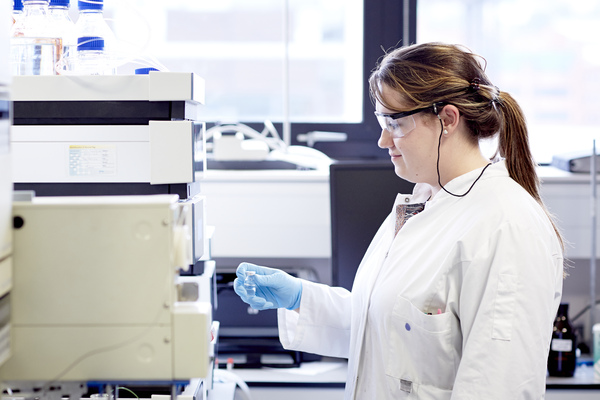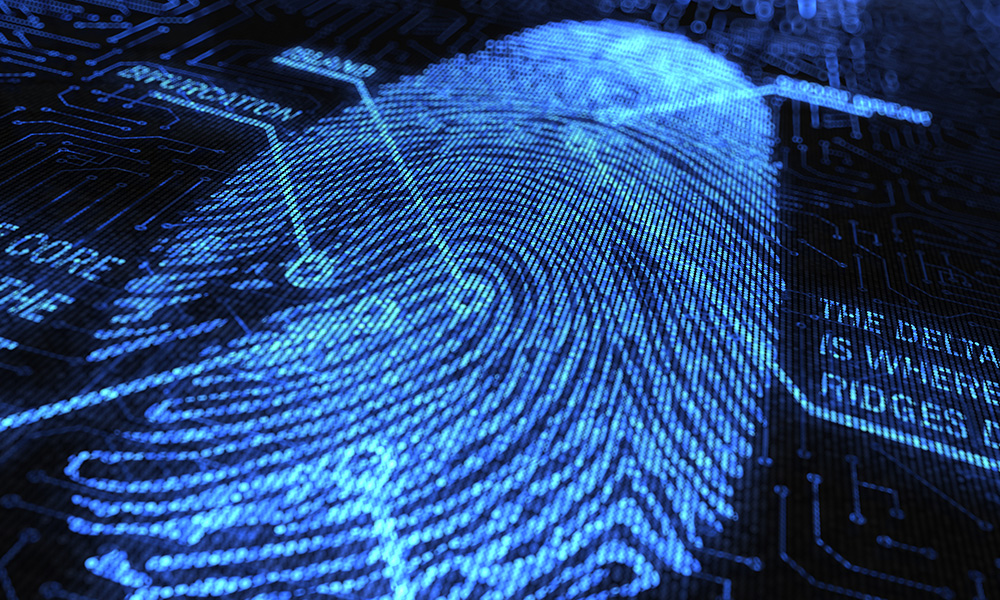Forensic science is the application of scientific methods to investigate and analyze evidence in criminal cases. Over the years, forensic science has evolved to become a critical component in solving crimes and bringing perpetrators to justice. In this article, we will explore the various ways in which forensic science has evolved and its role in criminal cases.
The Evolution of Forensic Science
Forensic science has come a long way since its inception in the late 19th century. At its inception, forensic science was limited to basic methods of fingerprinting and handwriting analysis. However, with the advent of new scientific techniques, forensic science has evolved to include DNA analysis, blood spatter analysis, ballistics, and toxicology. The use of these scientific methods has revolutionized criminal investigations, making it easier for law enforcement agencies to solve complex cases.
Forensic Science and Criminal Investigations

The use of forensic science has become an integral part of criminal investigations. Forensic experts analyze evidence collected from crime scenes to determine the identity of the culprit, the cause of death, and the manner of death. The evidence analyzed can include blood, semen, hair, fibers, and fingerprints. The analysis of this evidence can help to link a suspect to a crime scene and can even help to exonerate innocent people who have been wrongly accused.
The Role of Forensic Science in Court
The role of forensic science in court is to provide scientific evidence to support the prosecution or defense’s case. Forensic experts are often called upon to testify in court as expert witnesses to explain the scientific evidence presented. The scientific evidence presented can often be the deciding factor in a case, making the role of forensic science in court crucial.
Challenges Faced by Forensic Science

Despite the significant advancements made in forensic science, it is not without its challenges. One of the challenges faced by forensic science is the potential for human error, which can lead to wrongful convictions. Another challenge is the need for standardized methods of analysis to ensure that the results obtained are reliable and accurate. Additionally, some forensic techniques are not infallible and can produce inconclusive results, making it difficult to use in court.
Forensic science has come a long way since its inception and has become an essential tool in solving criminal cases. The use of scientific methods in analyzing evidence has revolutionized criminal investigations, making it easier to identify suspects and bring them to justice. While there are still challenges faced by forensic science, it remains a critical component in the criminal justice system.











Comments